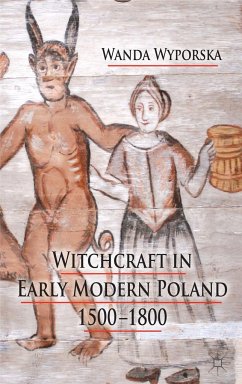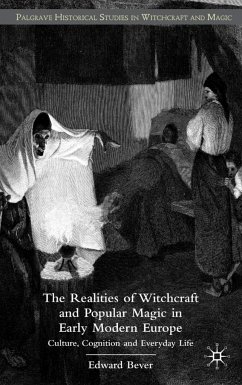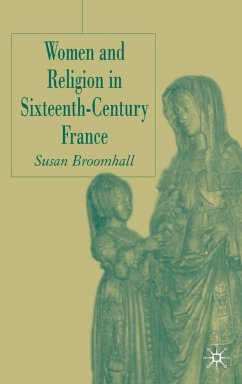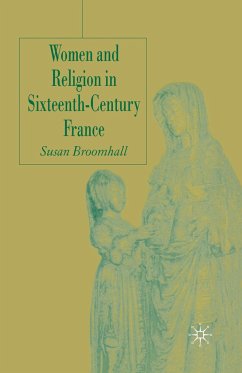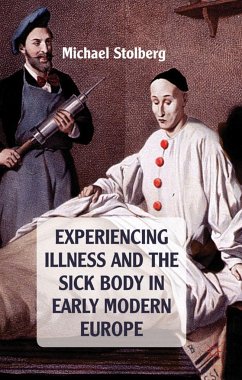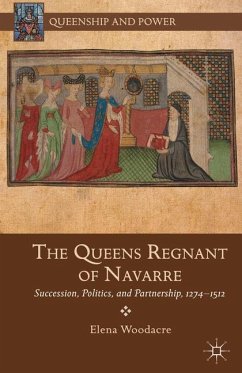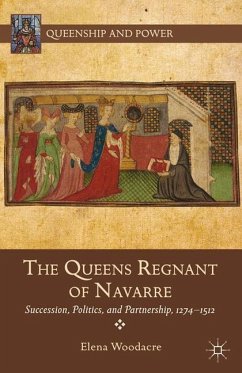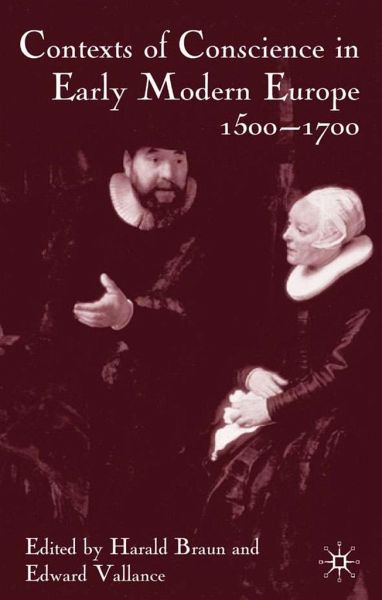
Contexts of Conscience in the Early Modern Europe, 1500-1700
Versandkostenfrei!
Versandfertig in 6-10 Tagen
76,99 €
inkl. MwSt.

PAYBACK Punkte
38 °P sammeln!
In the early modern period, the conscience stood as a powerful mediator between God and man, directing and judging moral actions. This collection conveys the breadth of the conscience's jurisdiction, analyzing its impact on politics, religion, science, and the understanding of gender and sexuality. It demonstrates how individuals resolved ethical problems in these areas through applying the methods of casuistry, the branch of theology devoted to resolving difficult moral cases. However, casuistry itself was challenged by newer sources of moral guidance.






